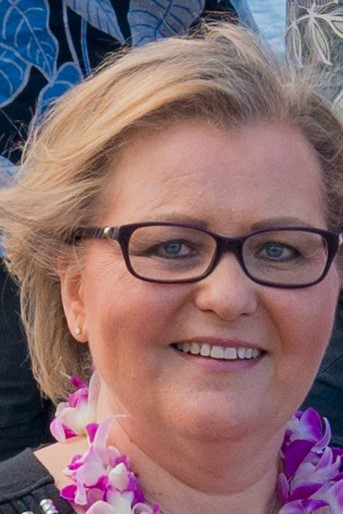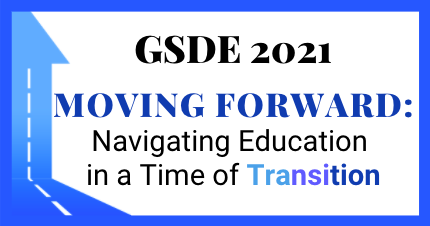Title: Interdisciplinary Competencies: Collective Creativity for Innovation
The purpose of this workshop is to present ‘interdisciplinarity’ as a teaching and learning strategy to enhance career development and innovation as we transition to a knowledge-technology economy. The theoretical framework in this work is the lens of interdisciplinary competencies identified to foster innovation for solving complex real-world problems such as poverty, housing, healthcare, and education for an evolving knowledge-technology society.
The educational significance of interdisciplinarity is to bring awareness of diverse ways of knowing for innovation. Questions to be explored in this workshop include: What is interdisciplinarity? Why is interdisciplinarity relevant in a knowledge-technology society? What interdisciplinary competencies are needed for innovation? How can such interdisciplinary competencies be implemented to foster innovation?
Interdisciplinarity, also known as cross-disciplinary, can be recognized as lifelong learning that encourages curiosity and exploration of ideas through collaboration and co-mentorship. The following strategies for implementing interdisciplinary competencies will be presented with examples for learning communities:
1. Recognizing prior knowledge and skills;
2. Flipping the innovation pyramid;
3. Thinking inclusively through the lens of relational responsibility;
4. Transforming ideas into action through collaboration and dialogue;
5. Micro-credentials and mini-qualifications;
6. Reflective practices of unlearning and reframing.
Interdisciplinarity is vital for innovation to solve complex real-world problems. In a knowledge-technology society, using interdisciplinarity to stimulate innovation is helpful within a range of settings, including in research, education, and individual career development. We must pay attention to building interdisciplinary competencies by utilizing our collective creativity.
Workshop Presenter
Colleen Knechtel is an interdisciplinary scholar and educator who has worked in career development, disability management, and community engagement. Intrigued by possibilities for career-integrated-learning in schools, she is currently completing a PhD program in the department of Secondary Education at the University of Alberta in Edmonton, Canada.

